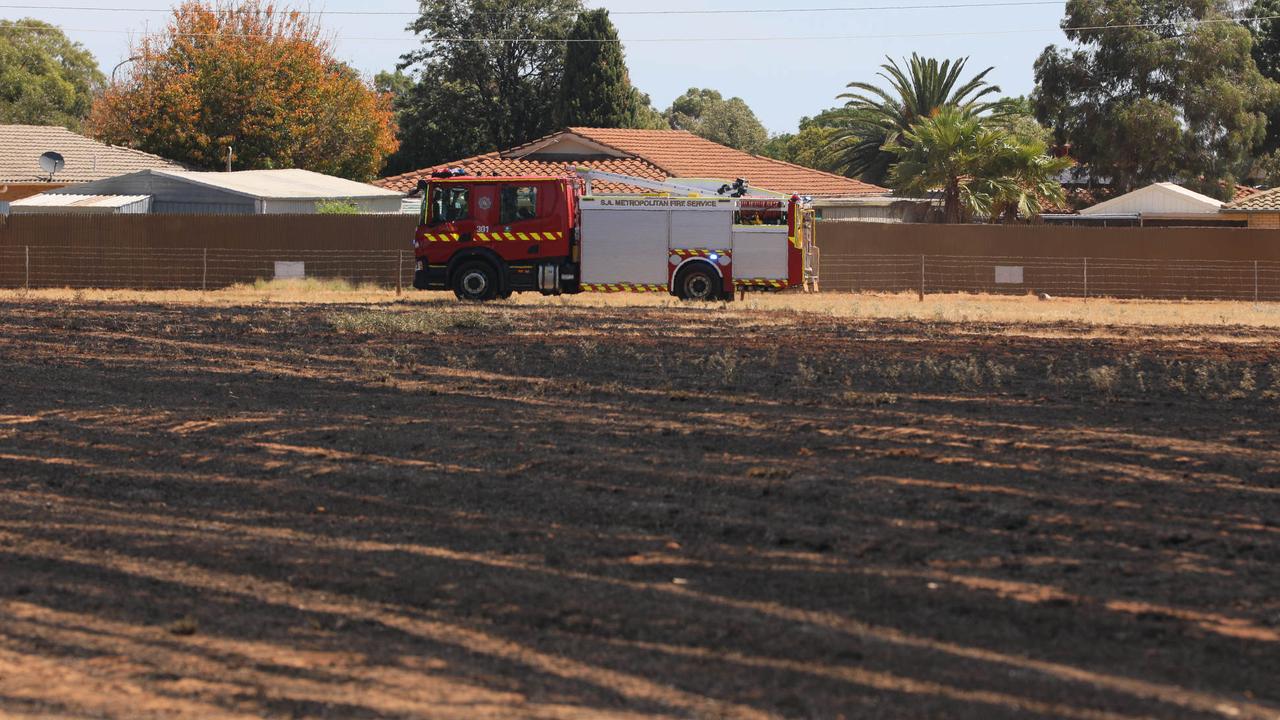Nun-turned OT mumpreneur Helen Whait reveals her convent life
An Adelaide nun-turned health entrepreneur and mum of three shares what life wearing a habit was like and why ultimately a vow of ‘poverty, chastity and obedience’ wasn’t for her.
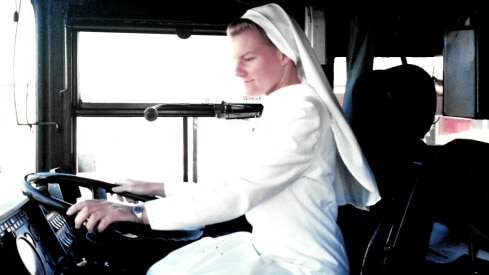
SA News
Don't miss out on the headlines from SA News. Followed categories will be added to My News.
As paradoxical as it sounds, it was a young Adelaide woman’s craving for “love and affection” that had her pledging a life of “poverty, chastity and obedience” at just 19.
It was the lure of sisterhood, rather than any remarkable religious conviction or higher calling, that had Helen Whait yearning to don a habit and become a nun.
For five years she would be “basically closed off from the world”, shedding tears when she watched the 1990s hit mini series Brides of Christ for the first time after leaving the cloister.
Today, aged 53, she shares what life in the convent was really like and how she converted from a nun-in-training to a single mum-of-three and founder of one of the nation’s most innovative health businesses.
“When I was 19 years old, I did something that shocks most people when I tell them – I became a nun … the truth is, the convent was an escape from everything that I knew,” she says.
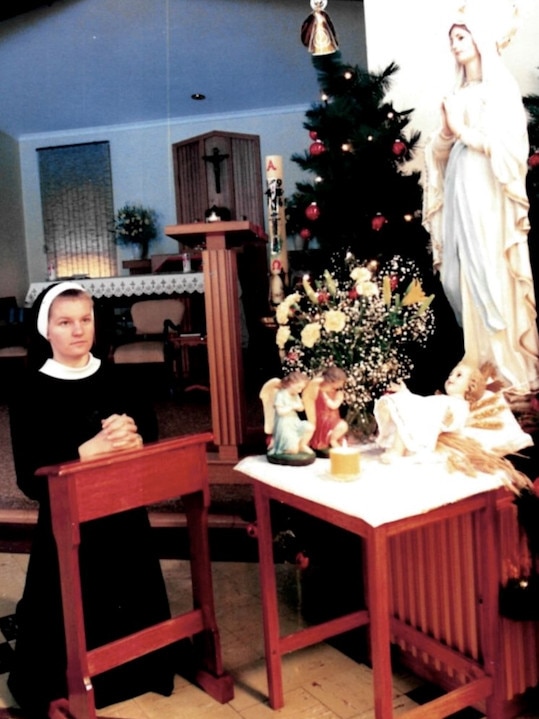
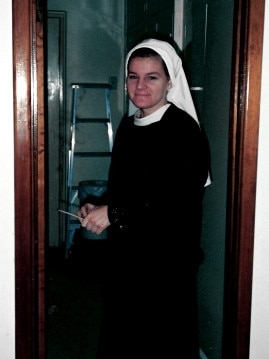
Whait describes a childhood, first in Adelaide’s southern suburbs and later in the foothills, of “a highly dysfunctional family environment”.
“I wasn’t allowed to have any friends, I wasn’t allowed to play sport, I wasn’t allowed to have a part-time job,” she said.
“No one came to the house, no one was allowed to call … even when I was 18 and I was at uni, I had to be home by six o’clock.”
The family did, however, regularly attend the local church and it was here Whait was exposed to a nun from a small Polish-founded papal order called the Sisters of the Resurrection who worked in the Catholic parish.
“She seemed to be, you know, a lot of fun and quite encouraging, so when the opportunity came up to join a convent and become a nun, it seemed like a lifeline,” Whait says.
“I had more freedom in the convent than I ever had at home.”
And what of the prospect for a young woman of never experiencing sex or marrying?
“I did think about what I may be sacrificing but given I had been brought up not only innocent but also naive I didn’t really have much concept of what I was missing out on … I hadn’t woken sexually in my development,” she says.
“I craved love and affection from the people around me; in terms of sex I don’t think you can really miss something you haven’t had or experienced.
“I just didn’t know much, I’d lived a really, really sheltered, naive life, like when I first got my period, I didn’t even know what it was.”
Whait, in her second year of occupational therapy, continued her university studies when she entered the Royal Park convent which has since been demolished for housing.
“Generally, an order of nuns will be either active – out in the community doing good deeds in professions such as nurses or teachers – or contemplative, these are behind closed doors, shut away from the world who spend most of their time in prayer,” she says.
“While the order I was in was a mix of the two, it was probably a bit more on the contemplative side … more of a traditional order of nuns. I wore the nun’s habit as opposed to the nuns you now see in plain clothes.
“My first year I was what is considered a ‘candidate’, the second year I was a ‘postulate’ which is when I became, I guess, a more formal member.
“I then did two years of my novitiate, or training to become a nun – theological training, training in the order – and I took my temporary vows after that, vowing for one year of poverty, chastity and obedience.”
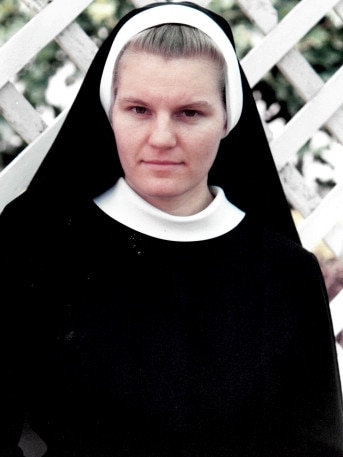
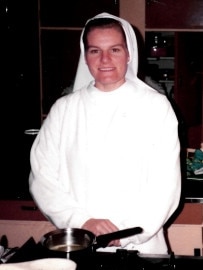
But despite persevering through the early training years, waiting to feel “at home”, she discovered it wasn’t the life for her.
Instead of feeling a sense of camaraderie and sisterhood she felt alone and isolated.
“(As a novice nun) I was basically closed off from the world … I missed a lot of what happened in the early ’90s,” she says.
“We used to have things like the ‘grand silence’ … you see it in shows like Call the Midwife where after the sisters have their compline, which is the evening prayers, speaking is strictly prohibited (in our case until after breakfast).
“Obviously, it’s a lot stricter and harder than what you see on Call the Midwife … but that was the life, in some ways, that I lived.
“When those (initial) vows came up to be renewed, I chose not to renew them and that’s when I left,” she says.
She recalls how she wept when she watched Brides of Christ – a drama on the struggles of nuns and students at a Roman Catholic convent school in 1960s Sydney – after exiting the convent.
“We weren’t allowed to watch it (inside) … I actually cried … they were stricter in my convent than they ever were in (the TV show),” she says.
Still, she was terrified as she took her first steps back into the outside world, lacking in “self-worth and self-esteem”.
“I knew going back home wasn’t really going to be an option for me … I had no social support network, no real friends, couldn’t rely on family, so, yeah, it was really scary,” she says.
She found work before “quite disastrously falling for the first man that said he loved me”.
“I fell for him. He was a year older than me, a Lutheran pastor who seemed wise and mature … I thought I’d have someone I could depend on,” she says.
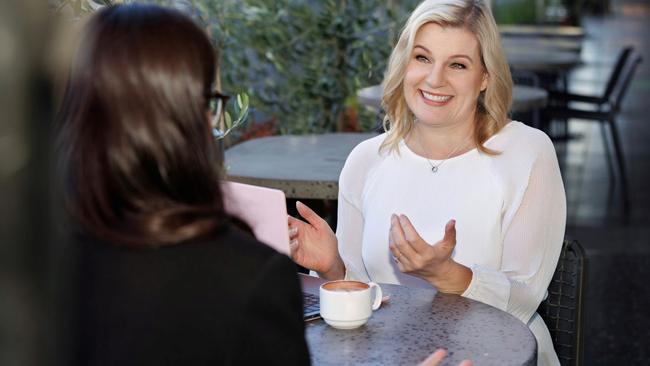
The couple had three sons but after 16 years, she eventually walked away, she says exhausted from “single-handedly raising” their sons and being “the primary breadwinner”.
“I took my wedding vows seriously … and tried to stick it out ‘for better or worse, sickness and in health’,” she says.
Beyond her beloved boys – now aged 21, 19 and 17 – she turned her focus to her work as a private OT practitioner, convinced there was a better way of doing business.
A conversation with friend and founder of the beauty salon franchise Essential Beauty, Melissa Gav, was enough to sow the seed for a dream she’d been quietly harbouring – to establish Australia’s first and only occupational therapy franchise business.
In 2012, ActivOT was born.
“The idea was really a pooling of resources for like-minded, values-aligned occupational therapists, so that everyone could benefit … we could cover for each other, do the compliance together, do the marketing together, have the website together, rather than it being so cost prohibitive for independent OTs to do that,” she says.
“At that time – and still today – franchising in healthcare was quite rare … I wanted to create a one-of-a-kind model.”

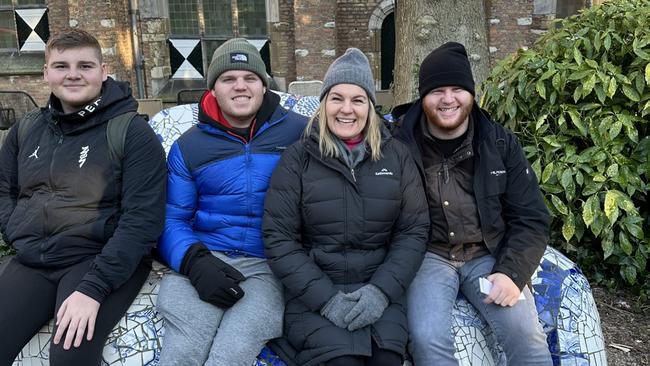
After a slow start and a major health hiccup along the way – she became gravely ill in 2015 and was diagnosed with a rare auto-immune condition called immune thrombocytopenic purpura – the concept has expanded nationally with 65 franchisees now across five states.
“It really was just having that courage to back myself … it was my dream and my goal to become a national franchise but it certainly has grown quicker and further than I imagined,” she says.
Her focus now is providing more mental health occupational therapists nationally to meet growing demand, as well as providing more aged care support services so that people can stay at home longer.
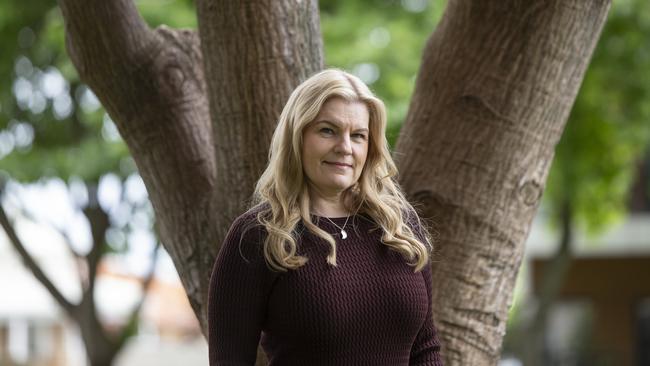
The business is now ranked among ASX 500 and mid-tier companies and was recently listed among the nation’s most innovative companies in 2024 for health businesses.
“I’m a fighter,” she proudly acknowledges.
“After I left the convent, I spent some time reflecting and at the age of 25 I decided very deliberately that the first 25 years of my life were pretty much shit but I was determined not to let that rule or control the rest of my life … I felt I still had three quarters of my life to go.
“I was just craving to be loved, to have someone to love, and to be a mum and a good mum, the kind of mum that I would have wanted to have myself.
“I just want to make the world a better place … I don’t want people to struggle along like I did.
“I can show people there is a better way … you can be a mum and you can be successful in business without running yourself ragged.
“I think my religion now is kindness.”
More Coverage
Originally published as Nun-turned OT mumpreneur Helen Whait reveals her convent life




